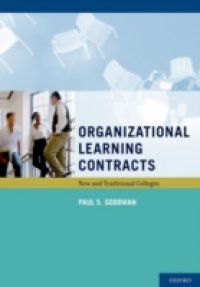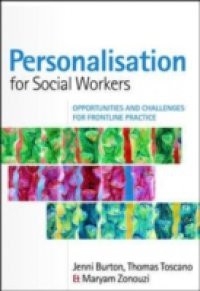The state of higher education today is one of change and stasis. Economic vulnerability, globalization, technological innovation, and an increasingly competitive market underlie the need for change in higher education. At the same time, there are strong and stubborn forces at work supporting the status quo. Though daunting, institutions of higher education can create effective organizational change, but their foundational philosophies must be re-examined in the process. This book addresses a new concept, the organizational learning contract, a shared agreement among the faculty, staff, and students in an educational institution about what, how, where, and when learning should take place. Goodman, who has pioneered the concept in his work with new and traditional institutions, examines the consequences of strong and weak contracts while bridging theory with practice. In the first section, Goodman develops the concept of the organizational learning contract, builds measures, and looks at the consequences of strong versus weak contracts on student and institutional effectiveness indicators. The second section, which includes the perspectives of two leaders of start-up institutions who have created new organizational contracts, explores issues of design and change in introducing the concept into new and existing institutions. Ultimately, Goodman asks: If you could start from the beginning, with appropriate resources, how would you design a new institution? The answers have implications for all colleges and universities, as well as the future of higher education across the globe.


















